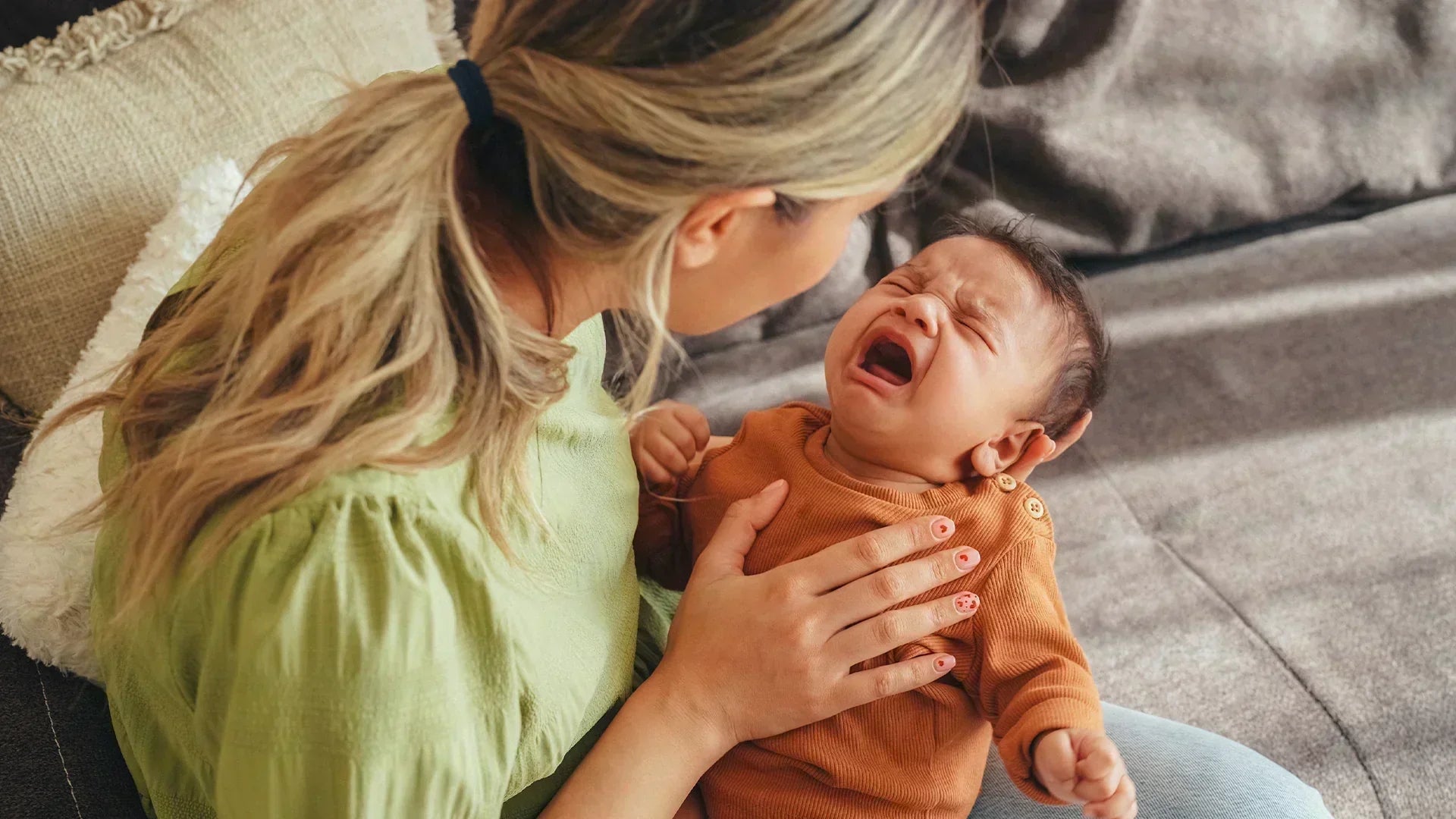The first dose of good bacteria that we receive at birth is, in fact, important for our health and development. This initial exposure to beneficial microbes helps us establish a diverse and balanced gut microbiota.
These good bacteria play a vital role in training an infant’s immune system, supporting digestion, and protecting against harmful pathogens. You could say that a healthy gut microbiota in infancy sets the foundation for long-term health.
Infant microbiota: Natural birth vs. C-section
It is important to know that the way a baby is delivered, whether by vaginal delivery or via Cesarean section (C-section), impacts the types of bacteria exposed during birth.
When born vaginally, babies come into contact with a diverse array of beneficial bacteria present in the mother's birth canal. This includes bacteria from the Lactobacillus and Bifidobacterium genera, which are considered beneficial for gut health. Those born by C-section, however, do not experience this initial exposure to vaginal bacteria.
Many healthcare providers are implementing practices such as vaginal seeding to ensure that a healthy microbiota can be established after C-sections. In this procedure, vaginal fluids are transferred to the mouth, face, or body of the newborn shortly after birth using swabs, with the aim of introducing some of the beneficial bacteria normally found during vaginal delivery.
Breast milk - A rich source of good bacteria
Breast milk is a vital source of beneficial bacteria for babies and contains a wide range of important microbes, including species from the Lactobacillus and Bifidobacterium genera.
When produced by the breast milk glands, breast milk is bacteria-free. Bacteria live on the skin and in the opening of the breast milk canals, where they are passed on to the newborn. These bacteria play an important role in establishing a healthy gut microbiota in infants.
Additionally, breast milk contains prebiotics, which nourishes these beneficial bacteria, helping them grow and colonize the baby's gut. In summary, breast milk contains both bacteria and prebiotics that contribute to the baby's optimal health and well-being.
Probiotics as a source of good bacteria for babies
Probiotic drops are another source of beneficial bacteria for babies. Probiotic drops that contain specific strains of probiotic bacteria, such as Limosilactobacillus reuteri have been studied for their positive effects on infant health.
Probiotic drops can be administered easily with a spoon, offering a simple and effective way to promote the growth of beneficial bacteria in babies.
Fascinatingly, BioGaia’s Protectis baby drops contain the patented probiotic strain L. reuteri originally found in breast milk. While on vacation in Peru, the late Dr Ivan Casas, then Research Director at BioGaia, visited a hospital in a rural Indian village in the Andes mountains to collect samples of breast milk.
What he discovered was that numerous strains of the bacteria L. reuteri could be found and isolated from those breast milk samples. In contrast, however, when analyzing breast milk in the US, Dr Casas was unable to find strains of L. reuteri in any of the samples. Factors such as diet, lifestyle, hygiene practices, and environmental conditions can influence the composition of the bacterial community.
Today, L. reuteri Protectis is used in all BioGaia products, including the number-one selling Protectis baby drops.
You can learn more about probiotics in our Learning Lab.




